Workshop „Morality, Violence and Imagined Communities: the Relevance of Benedict Anderson at the Beginning of the XXIst century” (June 4th, 2016)
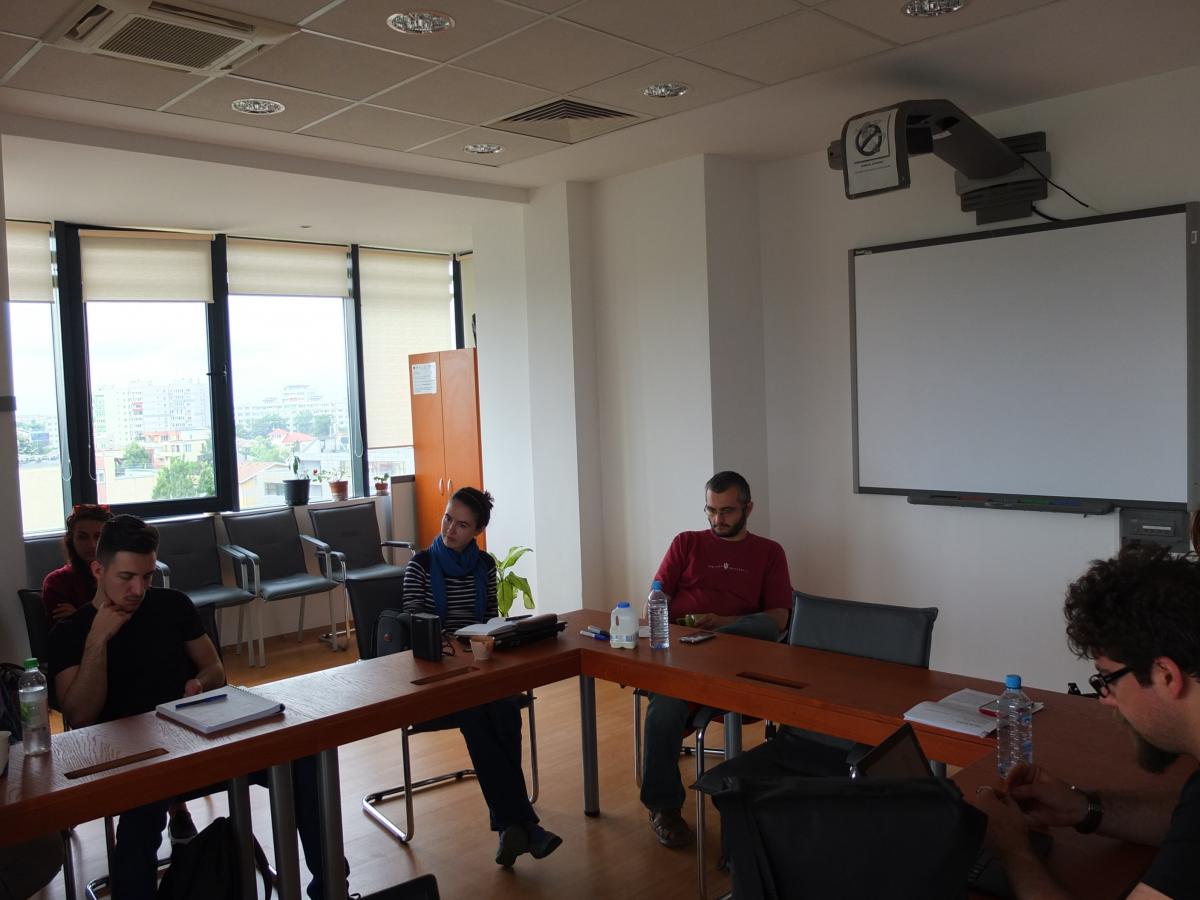 On Saturday, June 4th, the project team organized within GSARI (The Group
On Saturday, June 4th, the project team organized within GSARI (The Group 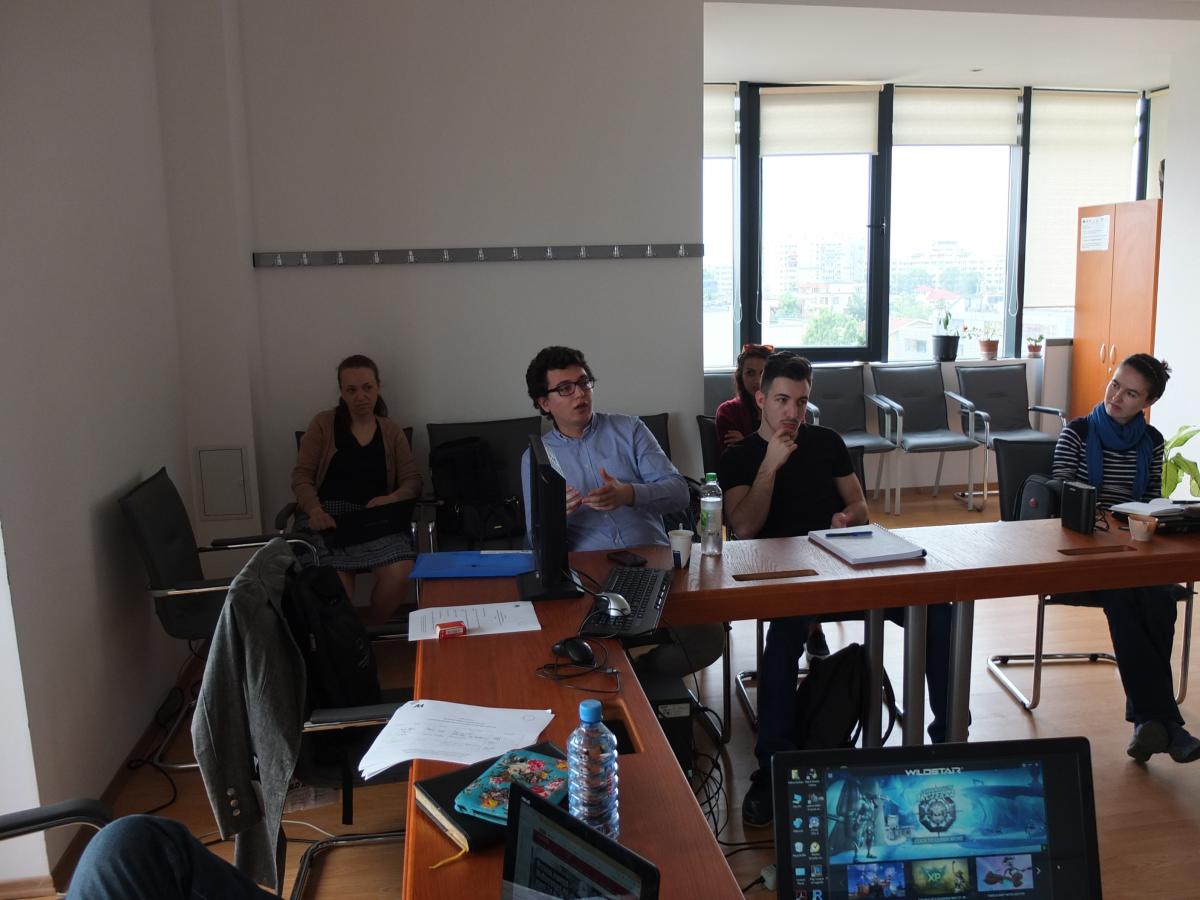 for Advanced International Relations Studies) a workshop dedicated to debating the concepts of morality, violence in the process of building political communities. The participants, in addition to the project members, discussed instances of moral legitimation of political violence in different regions and countries, such as Western Europe, Belgium, Jordan, Quebec, China, Kuweit, Zambia, Kenya, Ethiopia, Albania, Denmark and South-East Asia. In addition, the impact of Benedict Anderson's Imagined Communities in nationalism studies and in particular in social sciences in Romania was discussed by the participants. The participants discussed the merits of Anderson's perspective, in relationship with cultural Marxism, as well as the limits of his approach and his influence on the study of founding myths and nationalism.
for Advanced International Relations Studies) a workshop dedicated to debating the concepts of morality, violence in the process of building political communities. The participants, in addition to the project members, discussed instances of moral legitimation of political violence in different regions and countries, such as Western Europe, Belgium, Jordan, Quebec, China, Kuweit, Zambia, Kenya, Ethiopia, Albania, Denmark and South-East Asia. In addition, the impact of Benedict Anderson's Imagined Communities in nationalism studies and in particular in social sciences in Romania was discussed by the participants. The participants discussed the merits of Anderson's perspective, in relationship with cultural Marxism, as well as the limits of his approach and his influence on the study of founding myths and nationalism.
Workshop "Works in Progress" (November 18th, 2016)
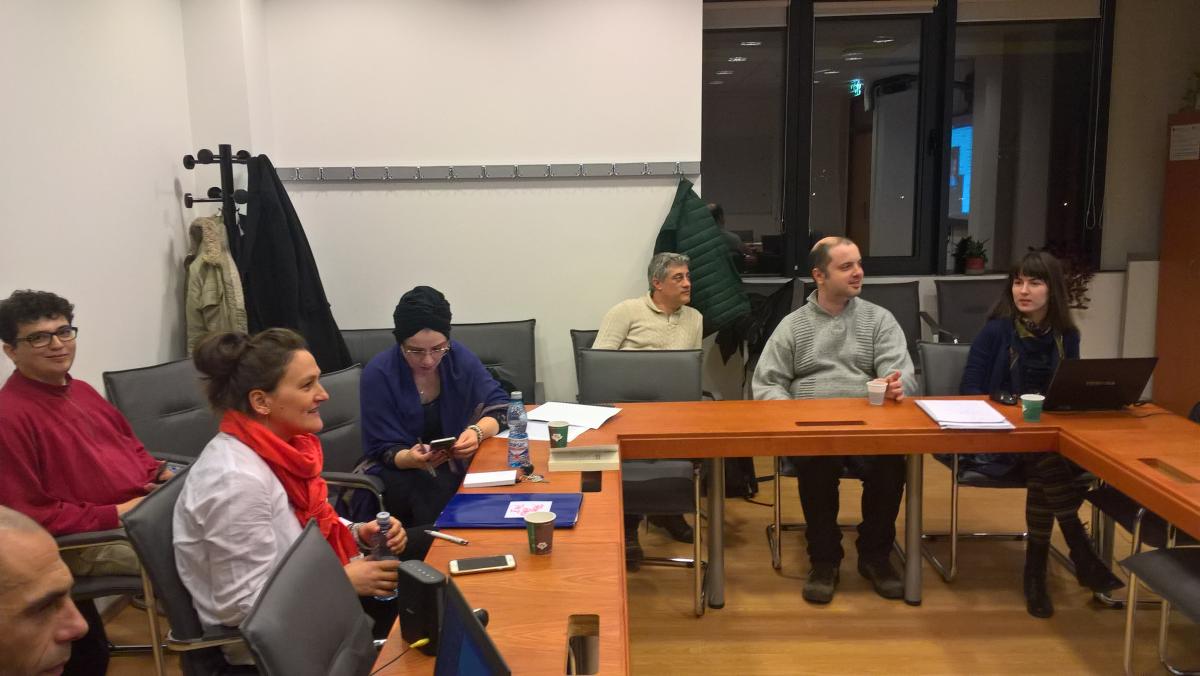 The participants to the workshop discussed several research proposals
The participants to the workshop discussed several research proposals 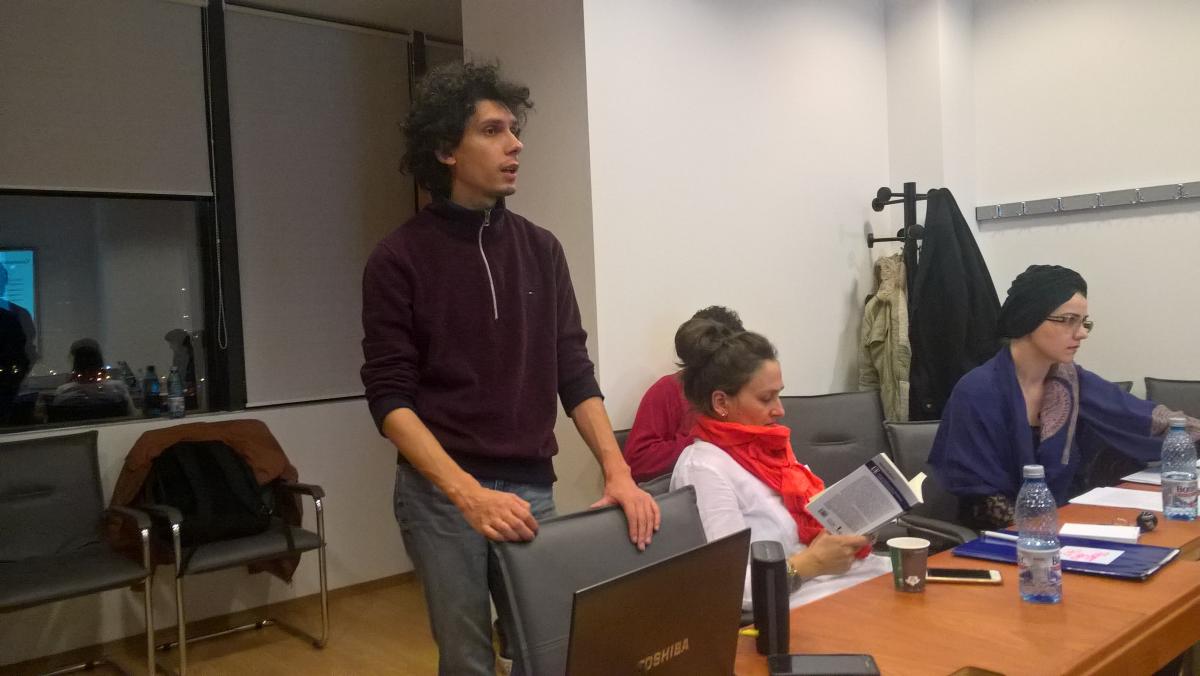 regarding the conflict between legan and religious norms in the treatment of women within Islamic communities, the need for hegemonic powers to set-up inclusive, rather than competitive political and economic institutions in order to maintain their status within international relations, the neo-classical realist explanation for Romania's accession to NATO. In addition, the members of the research project discussed the interviews take to researchers from Israel, Slovakia and Tanzania, as well as methods to improve the qualitative research instruments employed in the project for the future investigations.
regarding the conflict between legan and religious norms in the treatment of women within Islamic communities, the need for hegemonic powers to set-up inclusive, rather than competitive political and economic institutions in order to maintain their status within international relations, the neo-classical realist explanation for Romania's accession to NATO. In addition, the members of the research project discussed the interviews take to researchers from Israel, Slovakia and Tanzania, as well as methods to improve the qualitative research instruments employed in the project for the future investigations.
10 Year of GSARI Anniversary Conference - "Legitimizing Violence and Defining Political Communities” (November 19th, 2016)
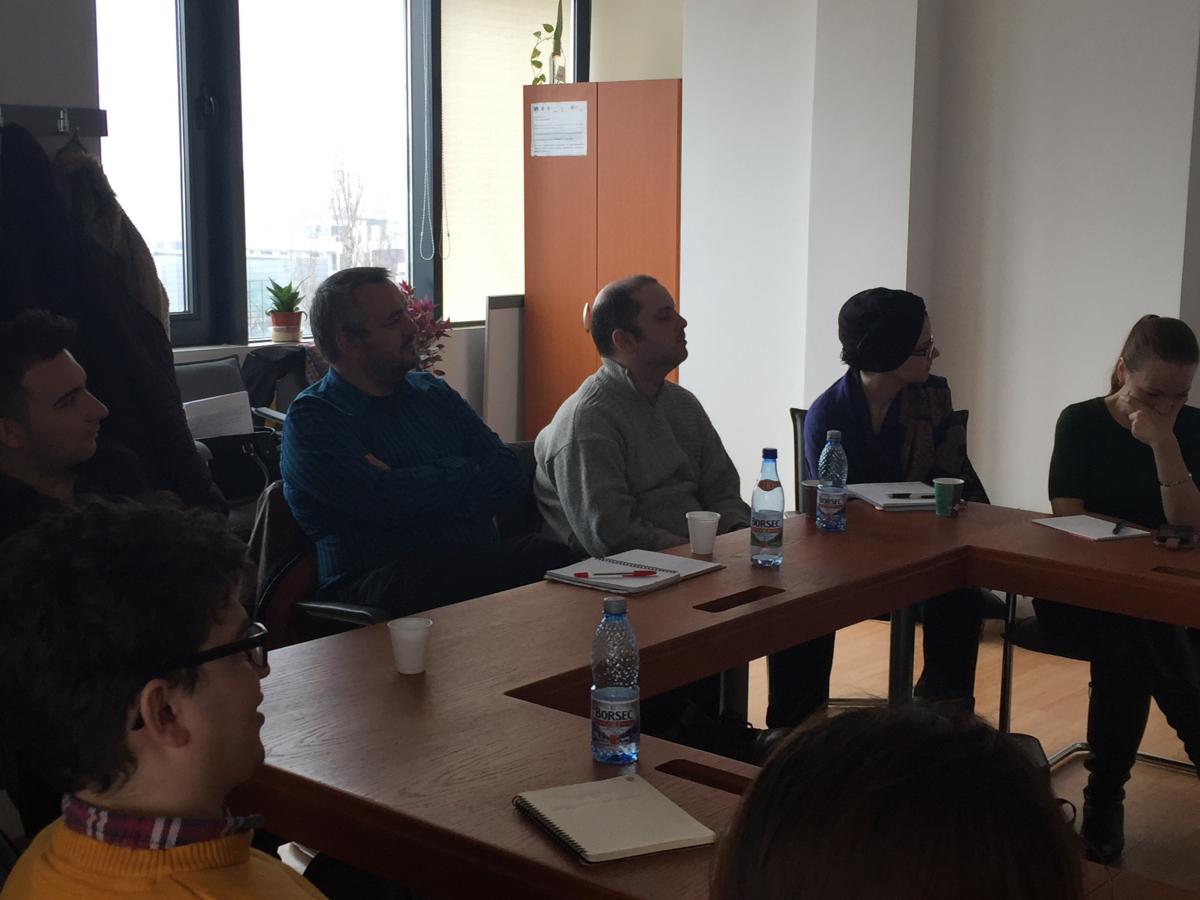 The conference, occasioned by the 10 year anniversary of GSARI, welcomed
The conference, occasioned by the 10 year anniversary of GSARI, welcomed 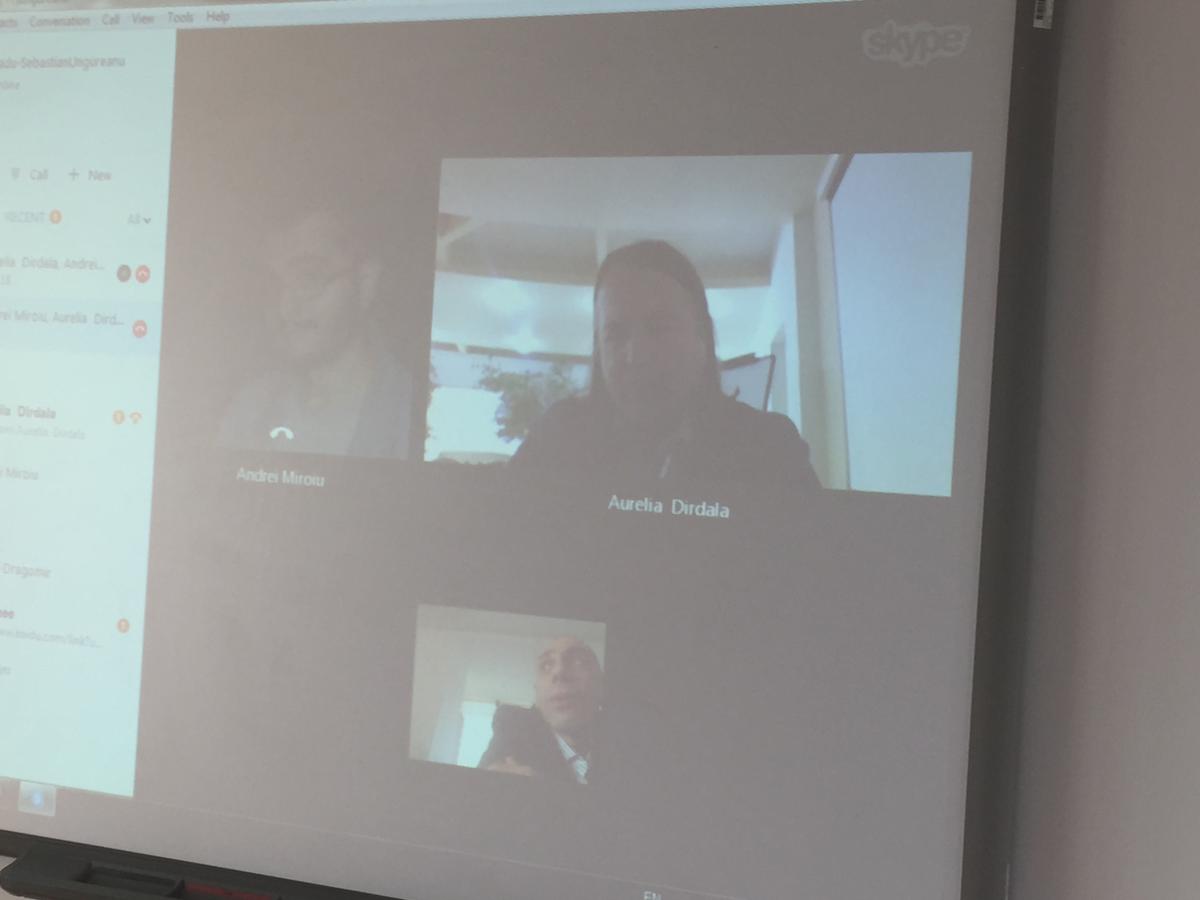 speakers from Iaşi, Chişinău, Cluj and Bratislava. The issues discussed by the participants covered topics such as the methodology of teaching social sciences in colleges, designing methods to improve the student's interpreting abilities, political and community legitimacy in South Sudan, the ideologization of economic violence in East-European societies, opportunities for public policy debate, the importance of ideologies, as well as the counter-insurgency tactics employed by democratic regimes.
speakers from Iaşi, Chişinău, Cluj and Bratislava. The issues discussed by the participants covered topics such as the methodology of teaching social sciences in colleges, designing methods to improve the student's interpreting abilities, political and community legitimacy in South Sudan, the ideologization of economic violence in East-European societies, opportunities for public policy debate, the importance of ideologies, as well as the counter-insurgency tactics employed by democratic regimes.
“Morality and Violence: Building Political Identity in 21st Century Communities” - IAPSS World Congress (April 7th, 2017)
The team presented a paper detailing the process of setting-up a theoretical framework for the project and setting-up its methodology at the IAPPS World Congress, held in Budapest.
Patterns of Violence Across Political Communities (2nd Conference - June 30th, 2017)
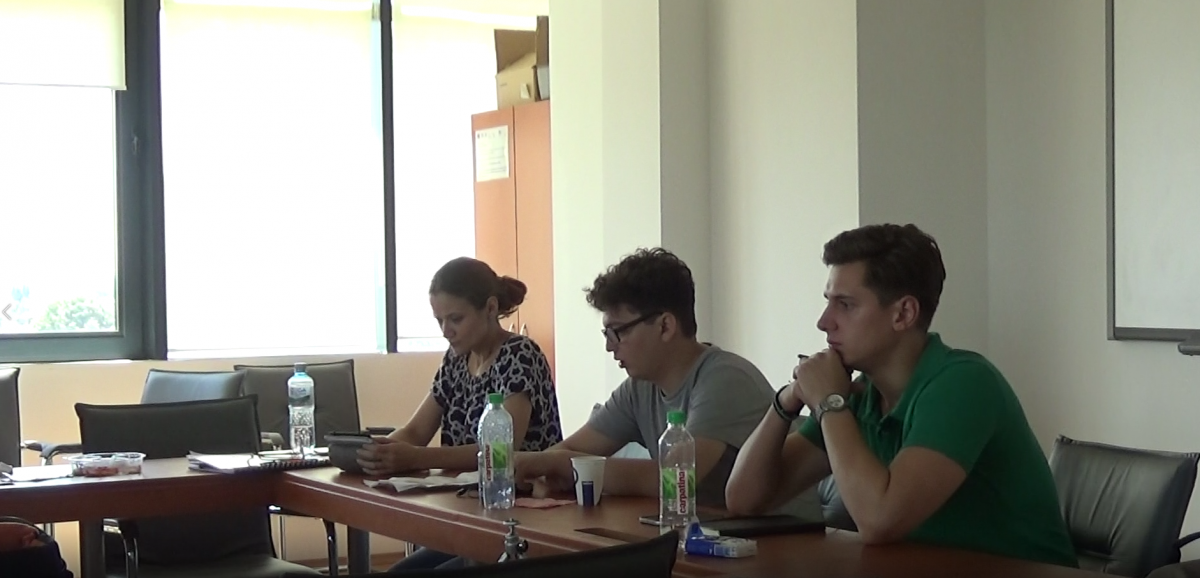 The conference was dedicated to debateing the various forms of legitimizing violence in different communities, the social actors who
The conference was dedicated to debateing the various forms of legitimizing violence in different communities, the social actors who 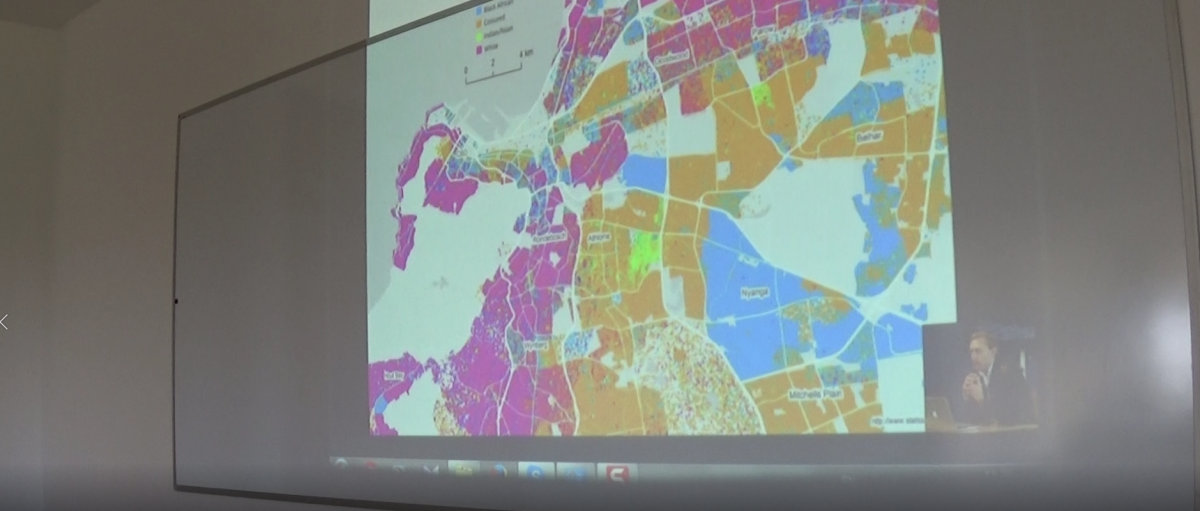 play an important role in this process. The conference welcomed contributions from Romania, the Republic of Moldova and South Africa. Among the debated topics were the practices of violence which lead to the construction of identities in South Africa's criminal community, the manner in which counter-insurgency tactics failed to address the challenges in Irak and Afghanistan, the manner in which hegemony can serve as a useful concept in interpreting the political realities of International Relations.
play an important role in this process. The conference welcomed contributions from Romania, the Republic of Moldova and South Africa. Among the debated topics were the practices of violence which lead to the construction of identities in South Africa's criminal community, the manner in which counter-insurgency tactics failed to address the challenges in Irak and Afghanistan, the manner in which hegemony can serve as a useful concept in interpreting the political realities of International Relations.
Workshop - Works in Progress (3rd edition, July 1st 2017)
The participants discussed the impact the Vilnius Summit will have on the Eastern partnership. The papers presented and discussed 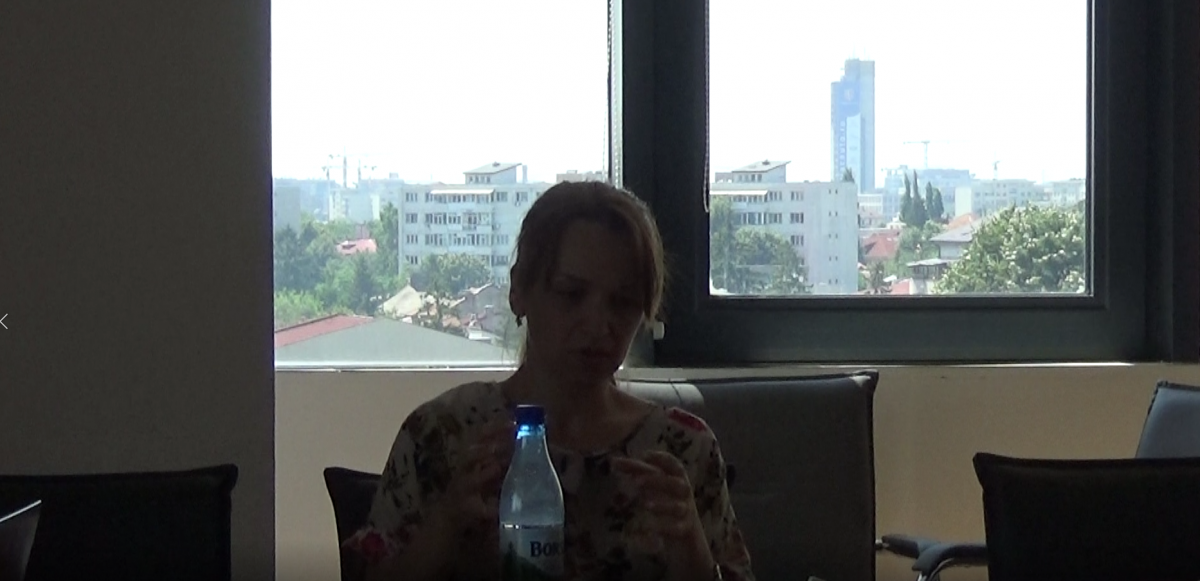 also touched on the debates surrounding the normative power or nature of the European Union, its capacity to construct a robust foreign policy while lacking hard power instruments, the (de)securitization of Catalan nationalism, as well as the influence of Europan politics on the internal political dynamics of Ukraine and Armenia.
also touched on the debates surrounding the normative power or nature of the European Union, its capacity to construct a robust foreign policy while lacking hard power instruments, the (de)securitization of Catalan nationalism, as well as the influence of Europan politics on the internal political dynamics of Ukraine and Armenia.
Final conference of the Violence and Morality in the Processes of Defining the Political Communities Project (September 9, 2017)
 The final conference of the project discussed the process of building up the
The final conference of the project discussed the process of building up the  methodology of the research, the pitfalls of the qualitative and quantitative methods used, as well as the preliminary results of the research. The participants emphasized that the legitimization of violence remains prominent in constructing the identity of nations. At the same time, the participants discussed the seminal role that justification for violence play in the intersubjective construction of sub-state political communities. Other papers presented at the conference tackled the conceptual debates surrounding the study of political populism, the role that violence plays in legitimizing the rule of ISIS, the influence of hegemonic ideas on Romanian political elites, as well as the limits of the study of democratization.
methodology of the research, the pitfalls of the qualitative and quantitative methods used, as well as the preliminary results of the research. The participants emphasized that the legitimization of violence remains prominent in constructing the identity of nations. At the same time, the participants discussed the seminal role that justification for violence play in the intersubjective construction of sub-state political communities. Other papers presented at the conference tackled the conceptual debates surrounding the study of political populism, the role that violence plays in legitimizing the rule of ISIS, the influence of hegemonic ideas on Romanian political elites, as well as the limits of the study of democratization.
Political Communities in the Globalized world. Exploring the Role of Morality - panel at the Physics, Technology, Ethics: Global and Local Challenges of the Interaction of Natural and Human Sciences International Conference (September 23rd, 2017)
 The members of the project were responsible for organizing a panel at the
The members of the project were responsible for organizing a panel at the Physics, Technology, Ethics: Global and Local Challenges of the Interaction of Natural and Human Sciences International Conference. The papers presented in the panel tackled issues such as the legitimization of violence as an identity marker in Bosnian, Israeli and South African Society, the manner in which educational policies can reinforce ideological hegemony, the normative dimensions of post-imperial order.
Physics, Technology, Ethics: Global and Local Challenges of the Interaction of Natural and Human Sciences International Conference. The papers presented in the panel tackled issues such as the legitimization of violence as an identity marker in Bosnian, Israeli and South African Society, the manner in which educational policies can reinforce ideological hegemony, the normative dimensions of post-imperial order.
Morality and Violence in the Processes of Defining Political Communities - Bucharest Security Conference (September 30th, 2017)
 The preliminary results of the qualitative and quantitative research o
The preliminary results of the qualitative and quantitative research o f the project were presented at the Bucharest Security Conference. The panel dedicated to the topic of the moral legitimization of violence also welcomed interventions on the nature and dimensions of US foreign policy, the interaction between the academic space and politics, the influence of social networks on policy making and on intelligence collection.
f the project were presented at the Bucharest Security Conference. The panel dedicated to the topic of the moral legitimization of violence also welcomed interventions on the nature and dimensions of US foreign policy, the interaction between the academic space and politics, the influence of social networks on policy making and on intelligence collection.
